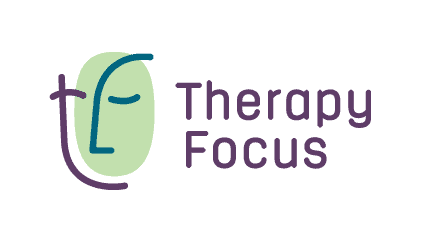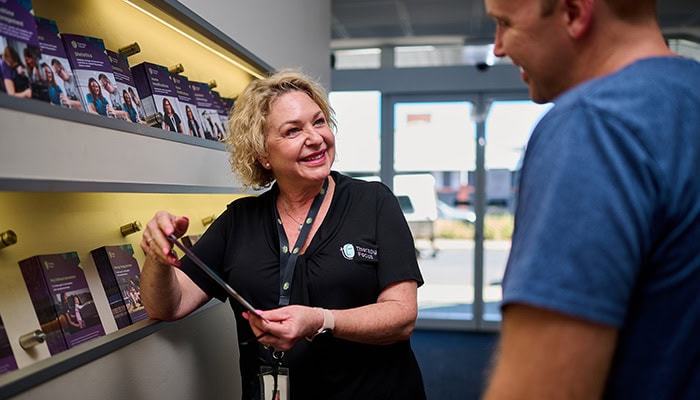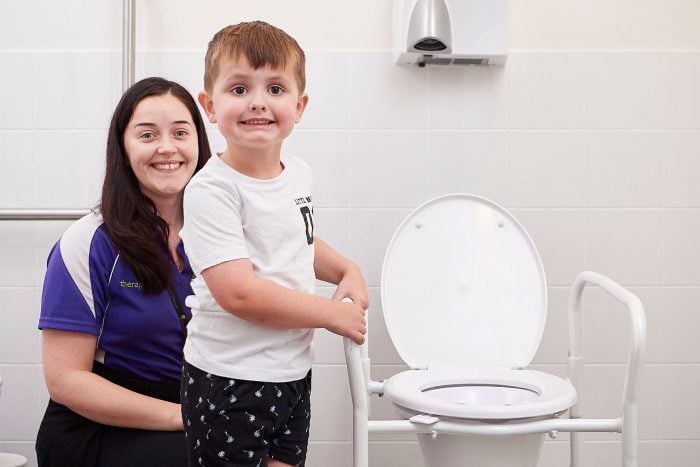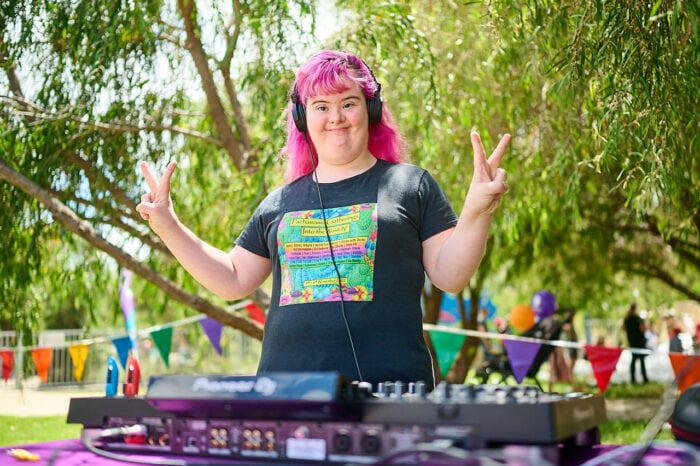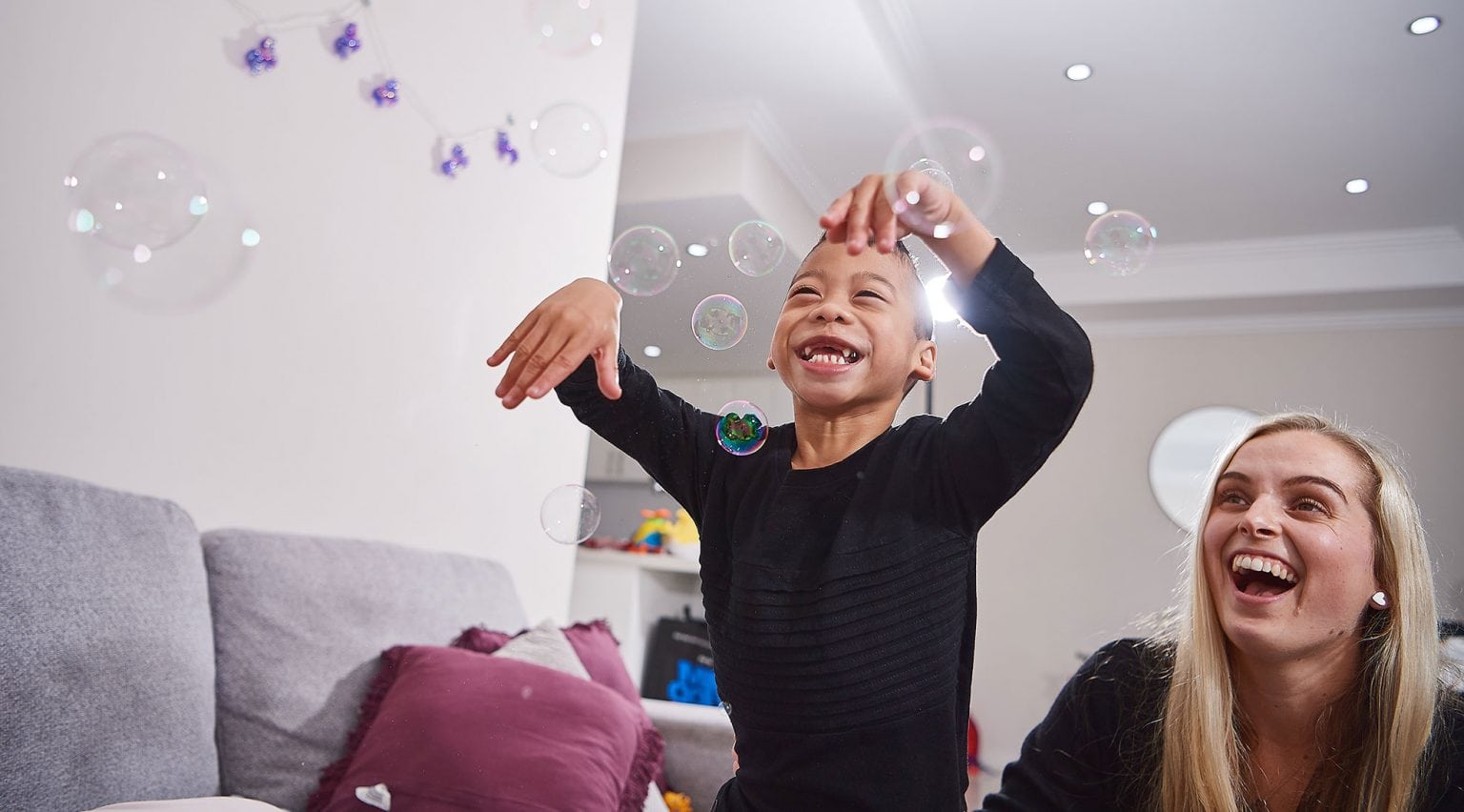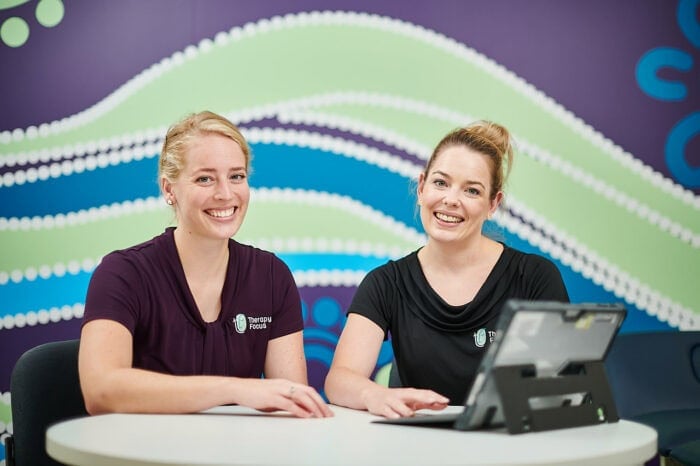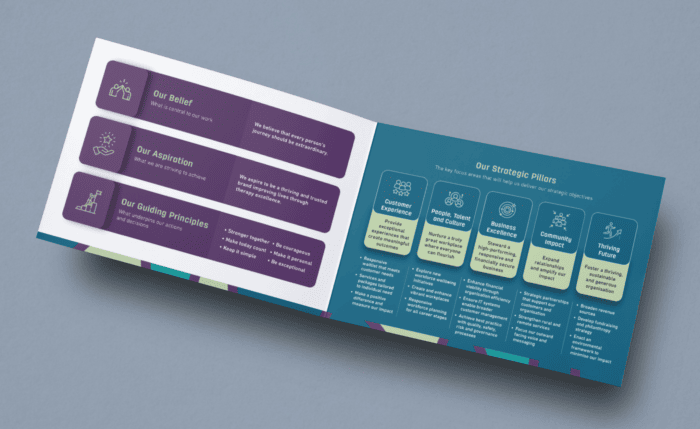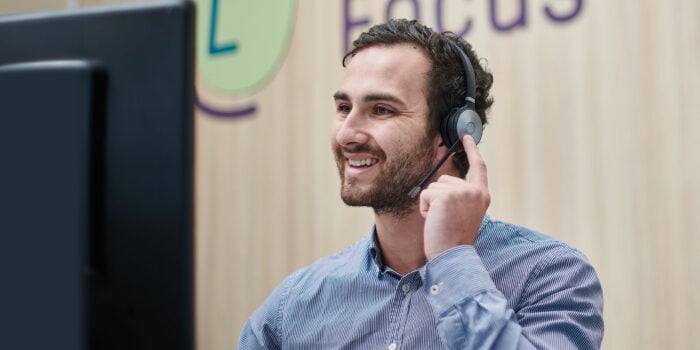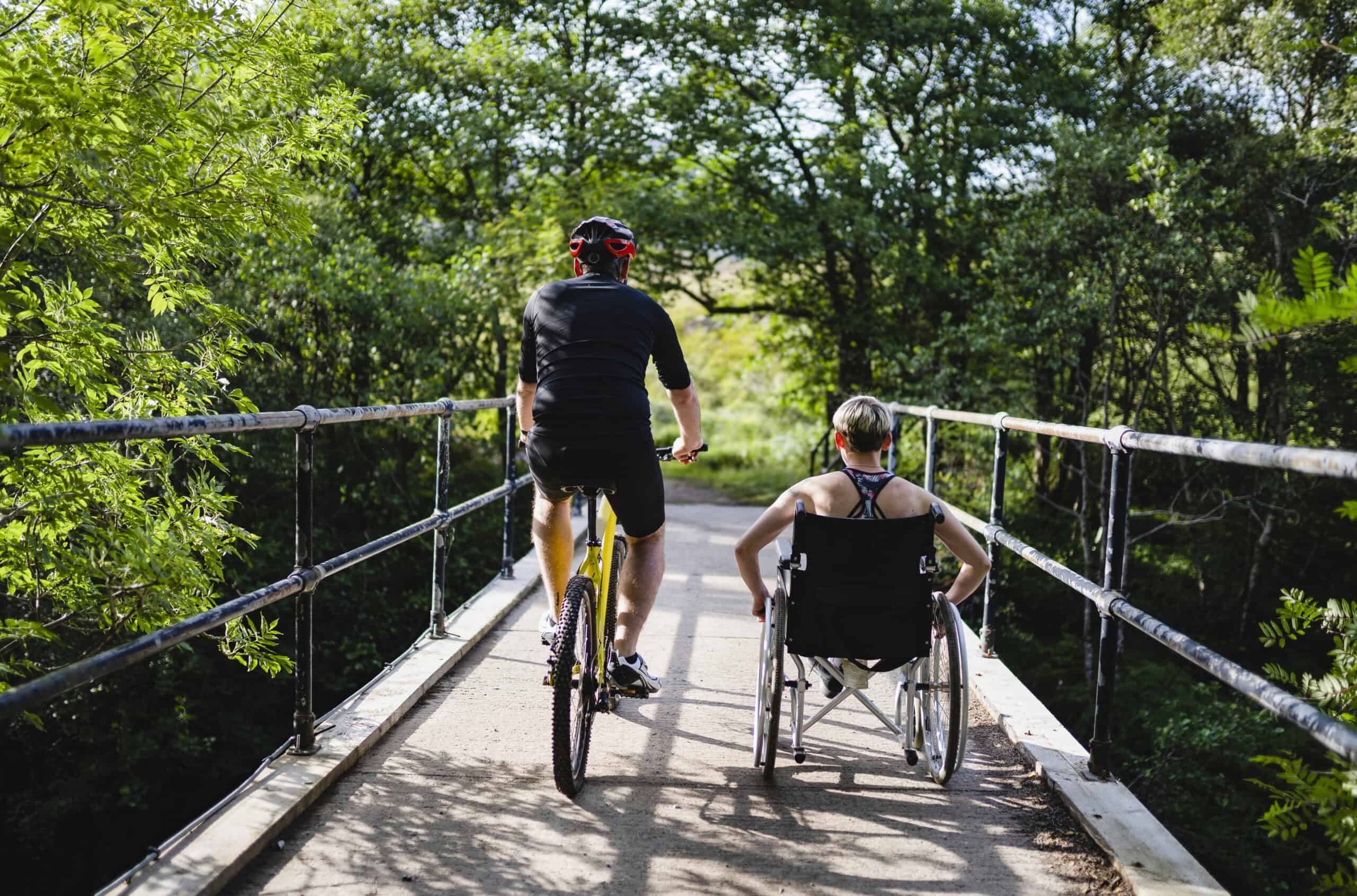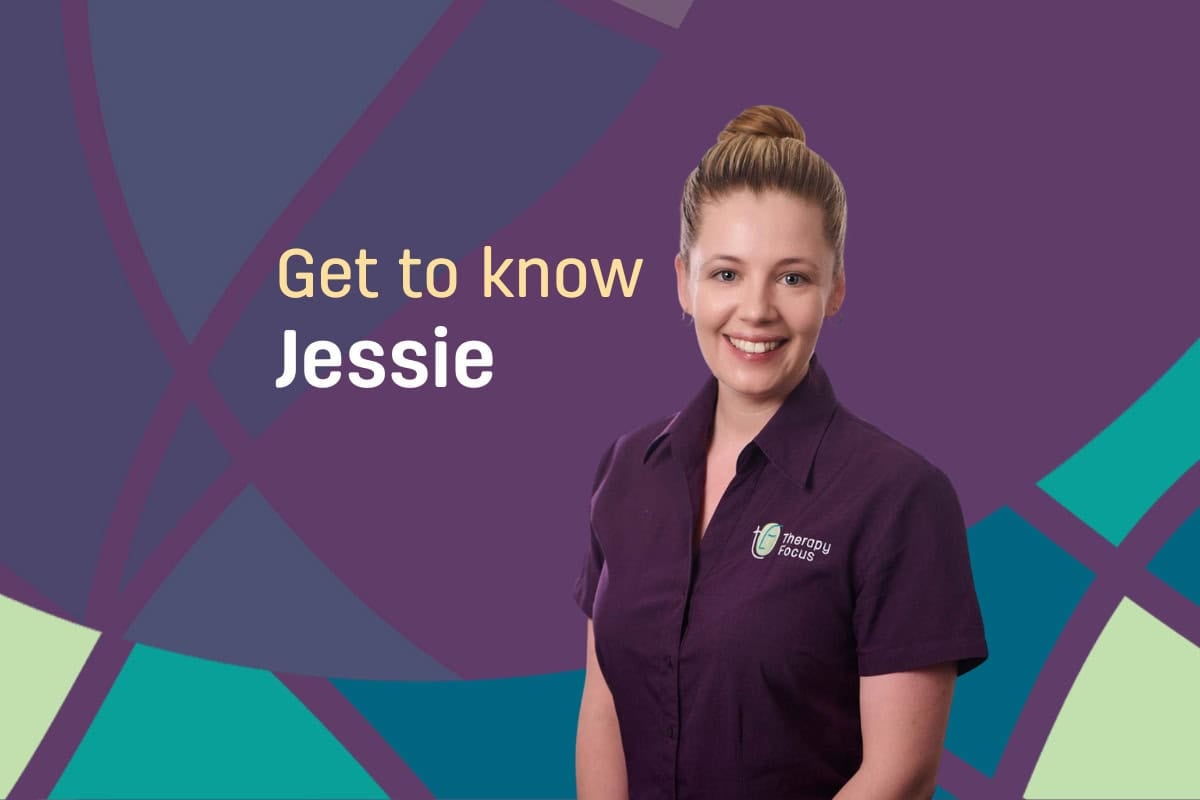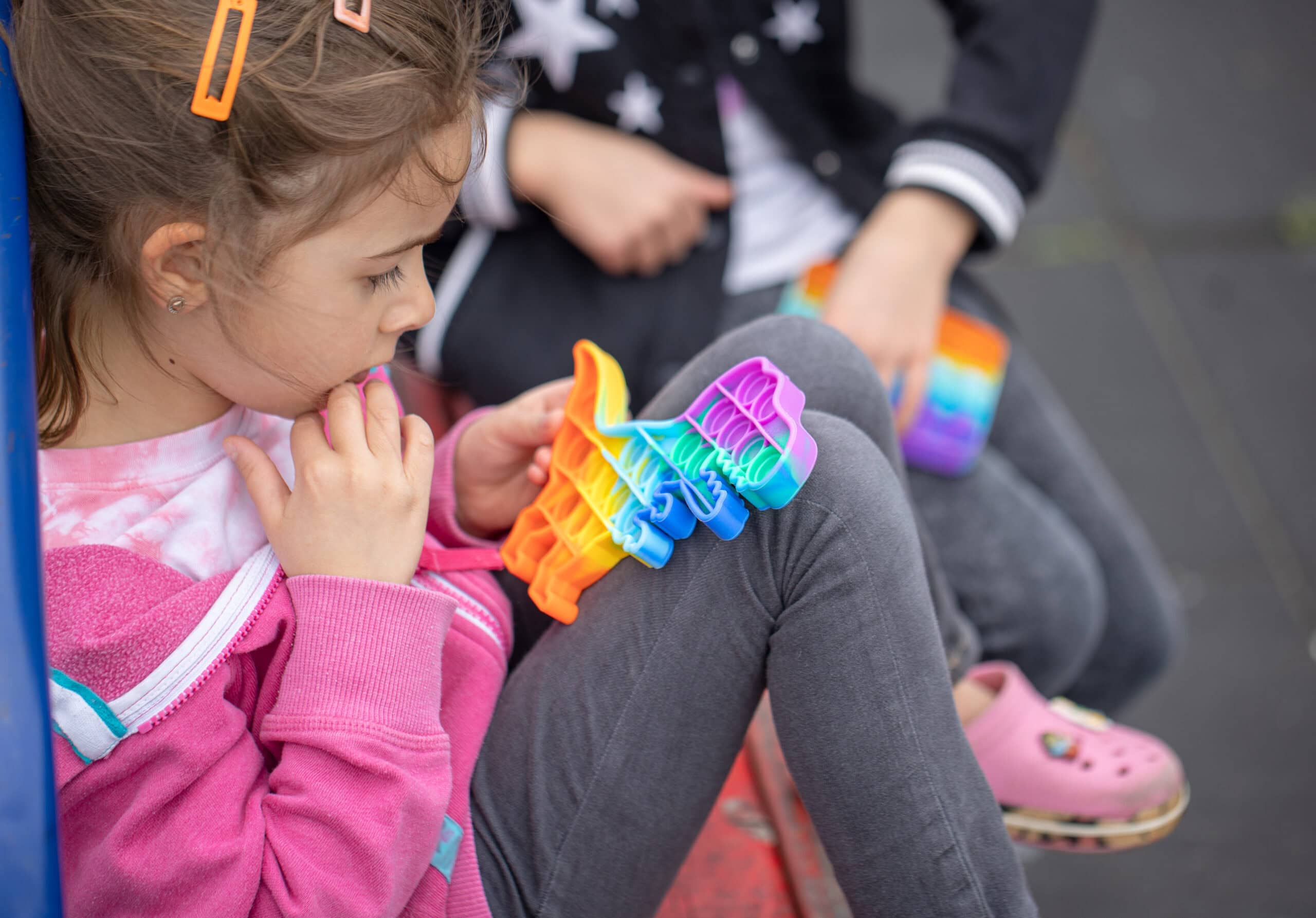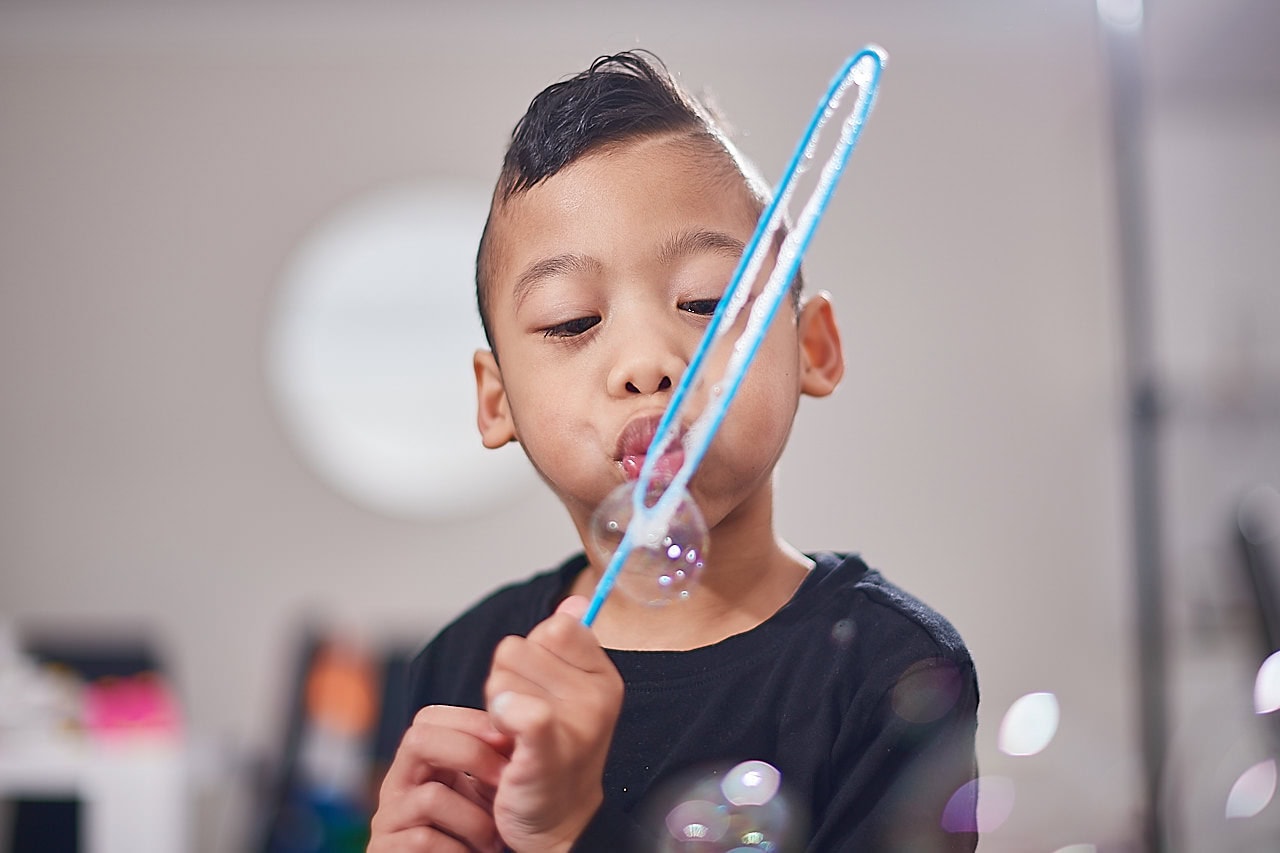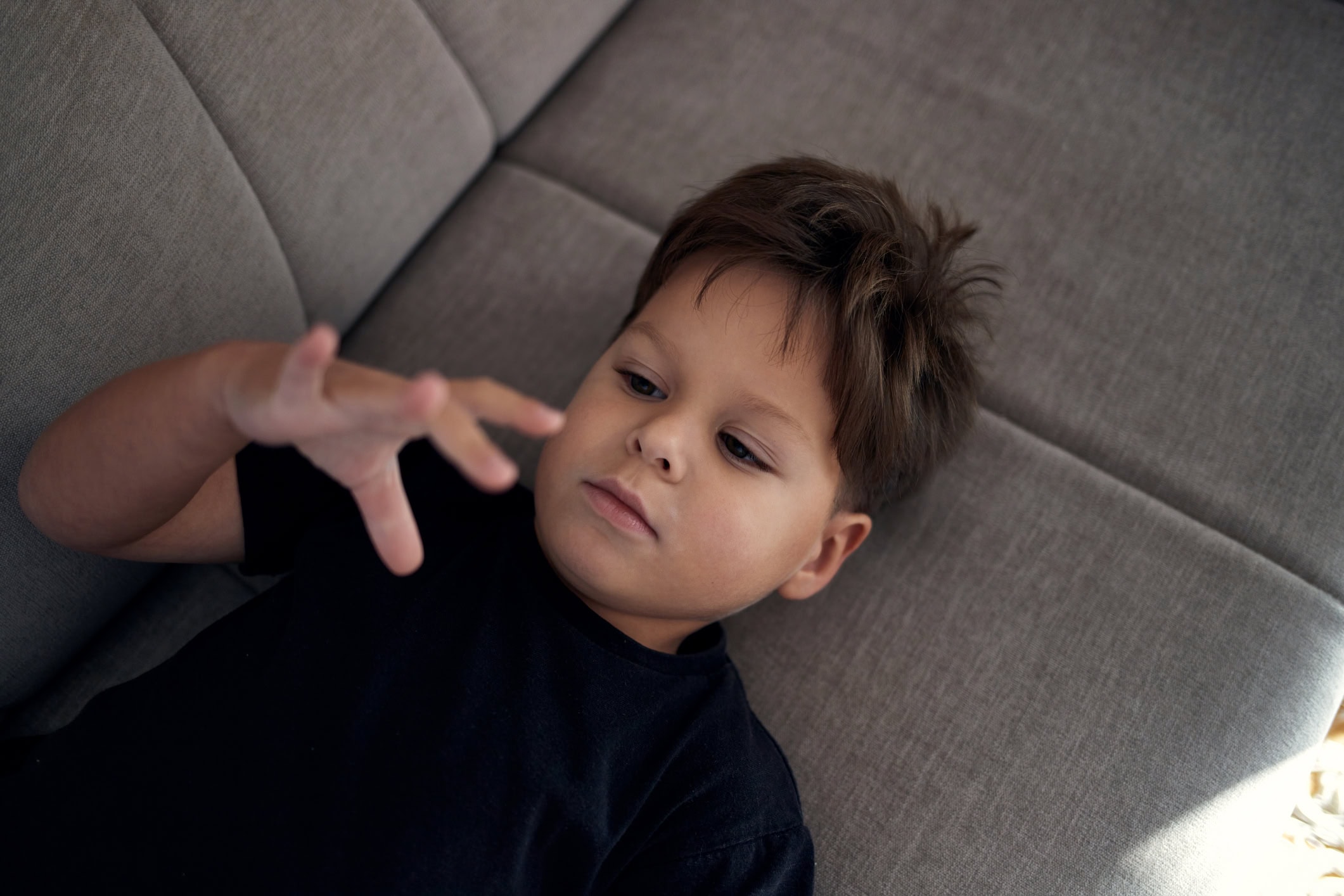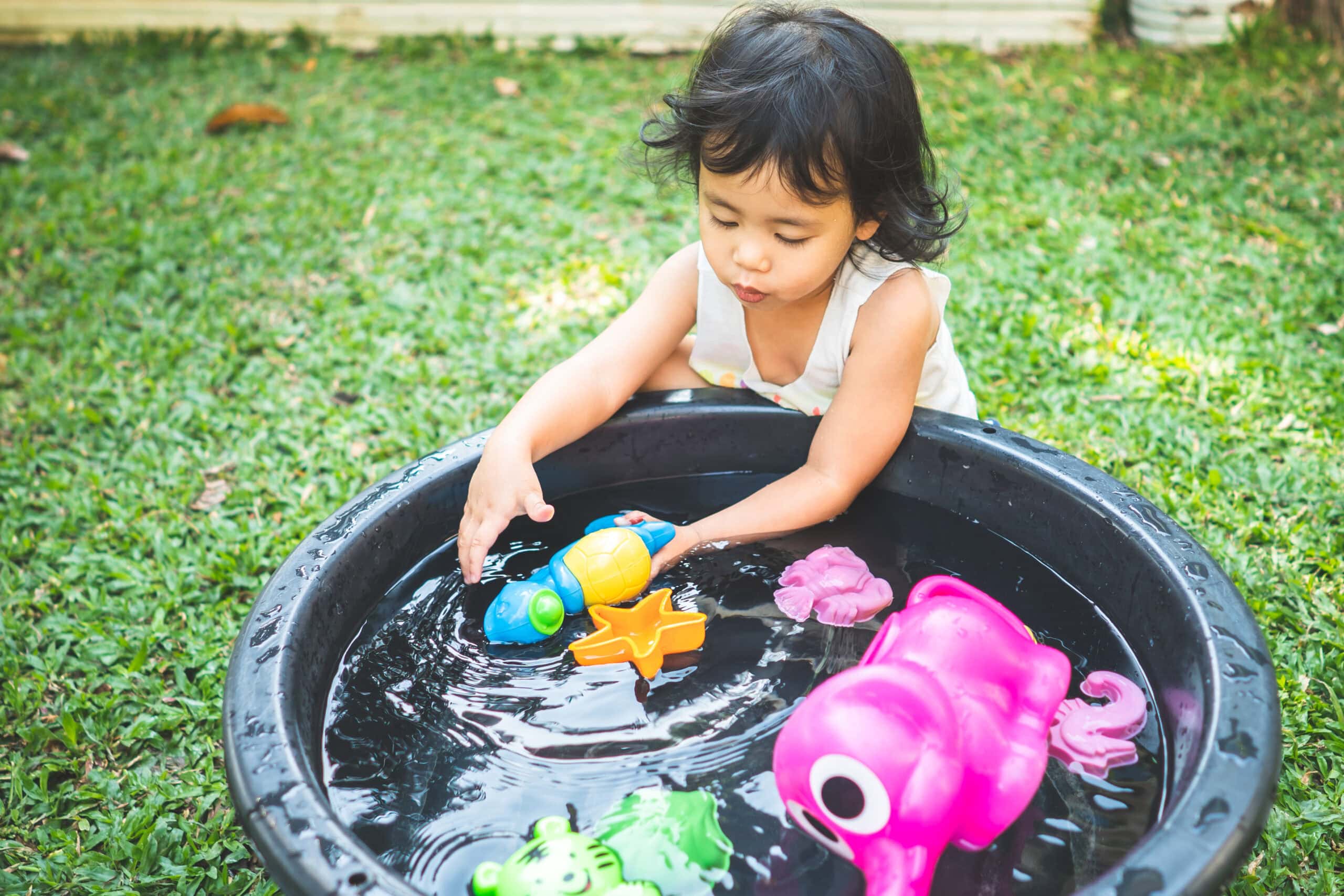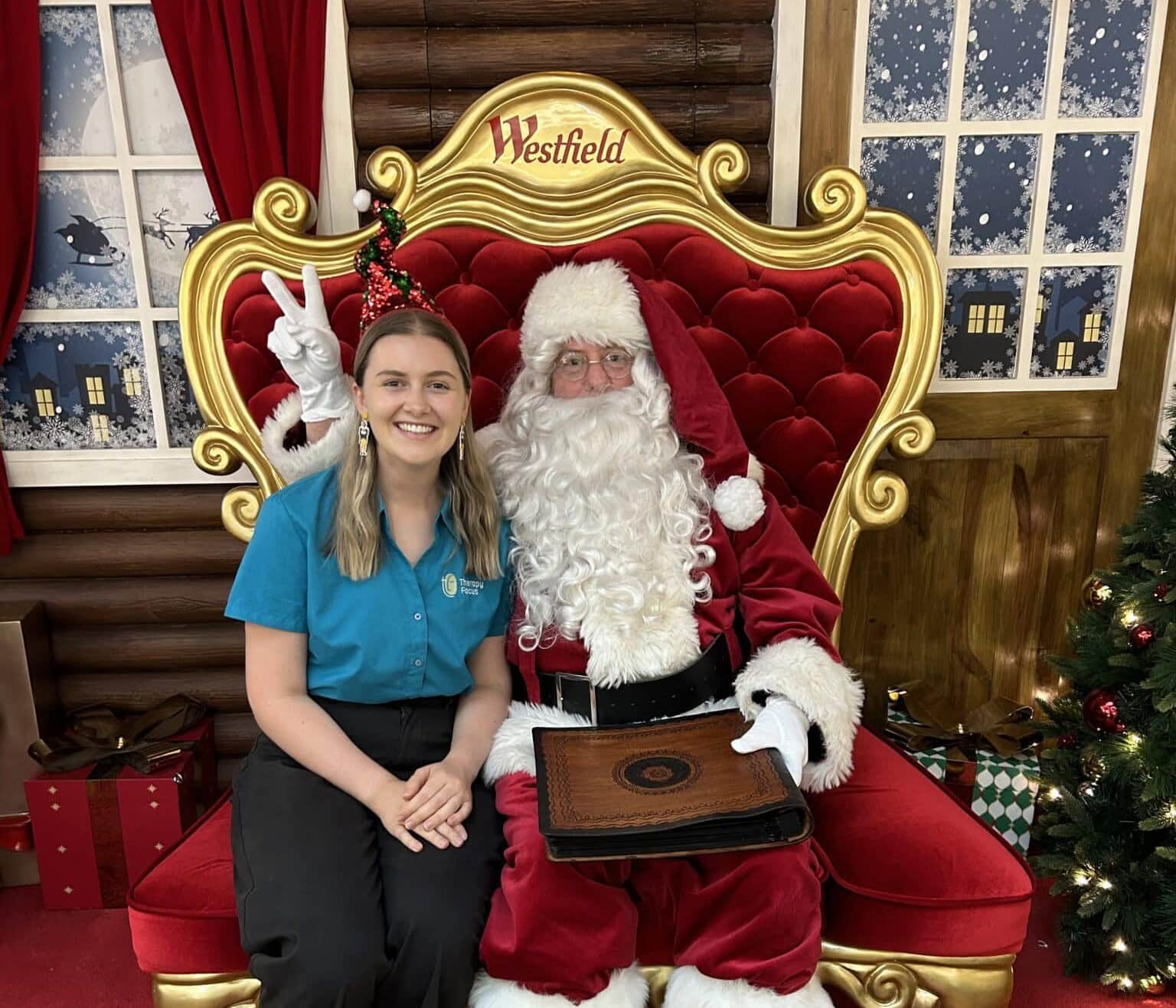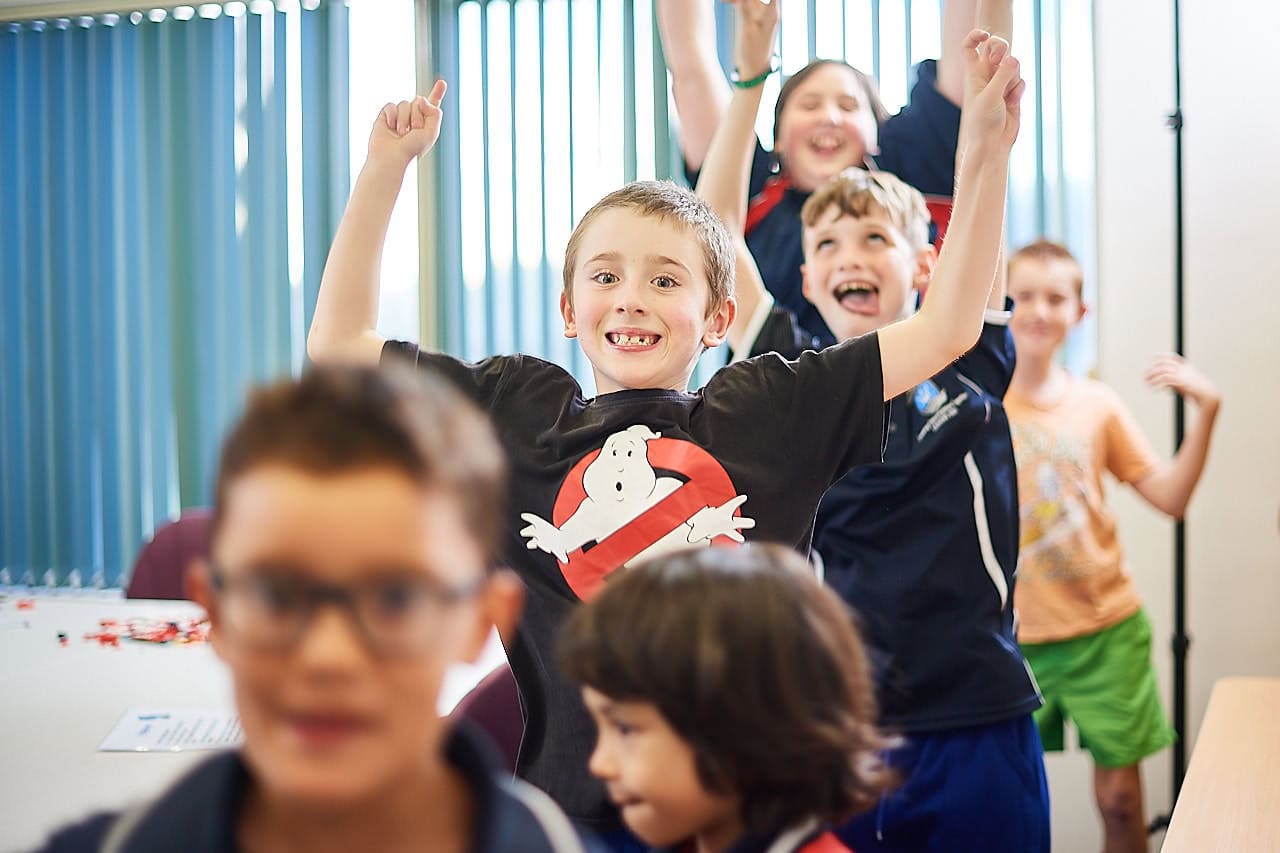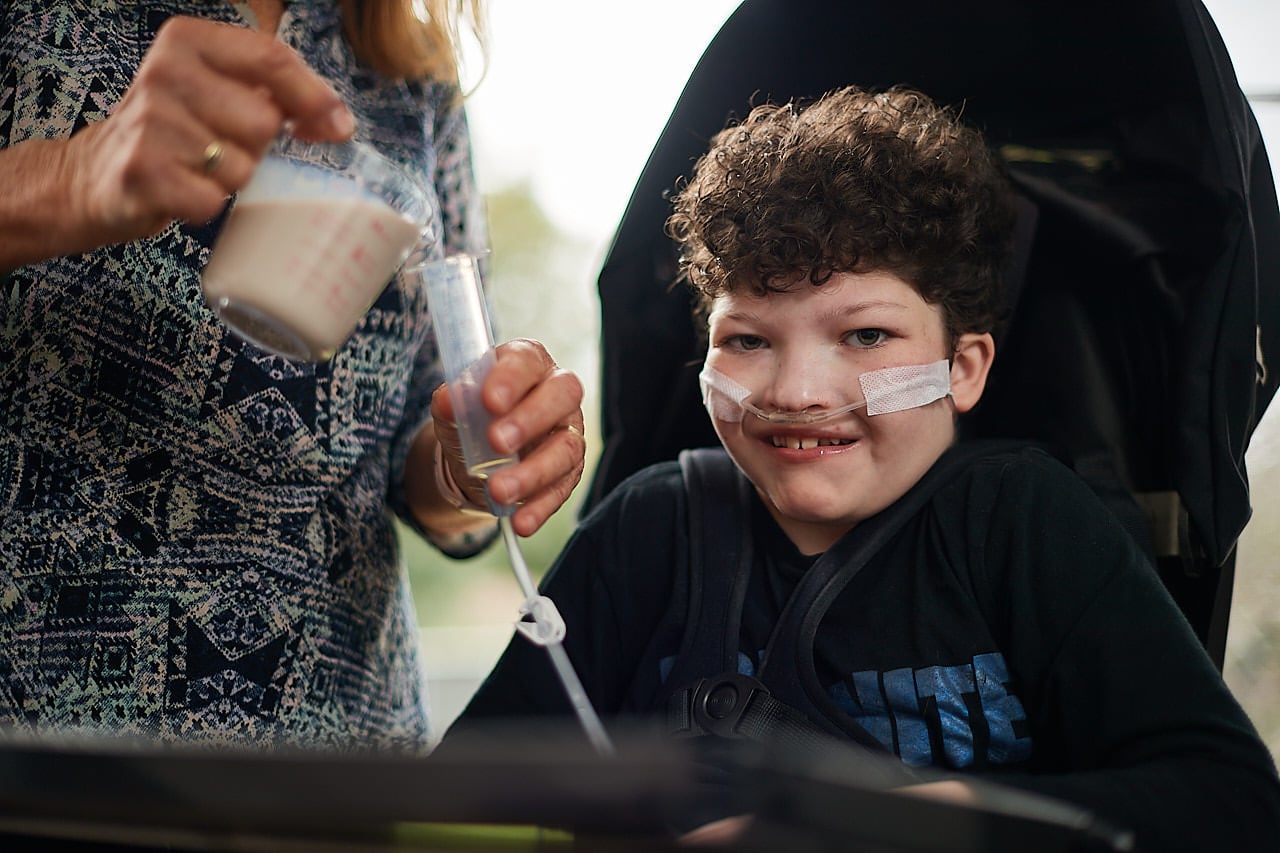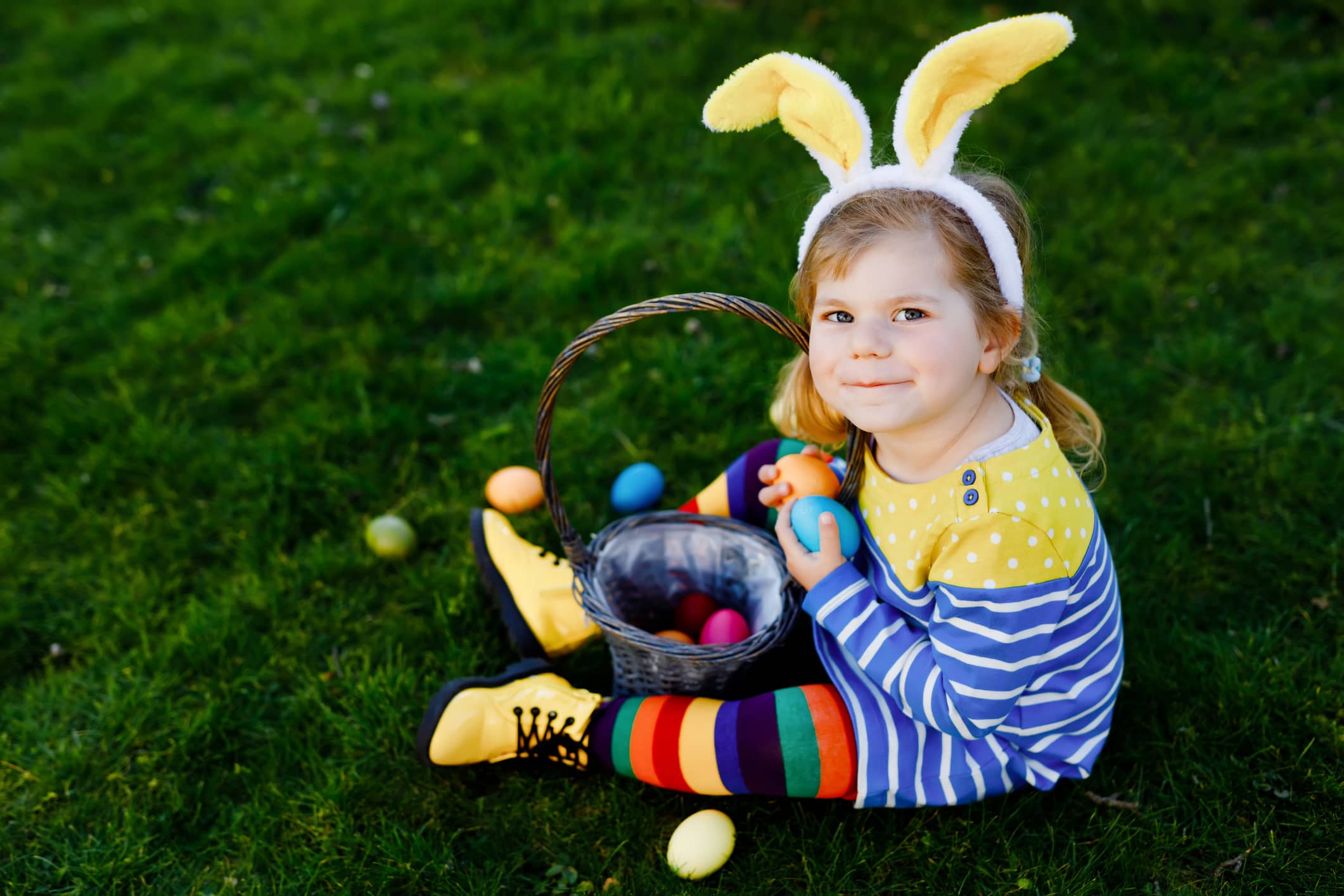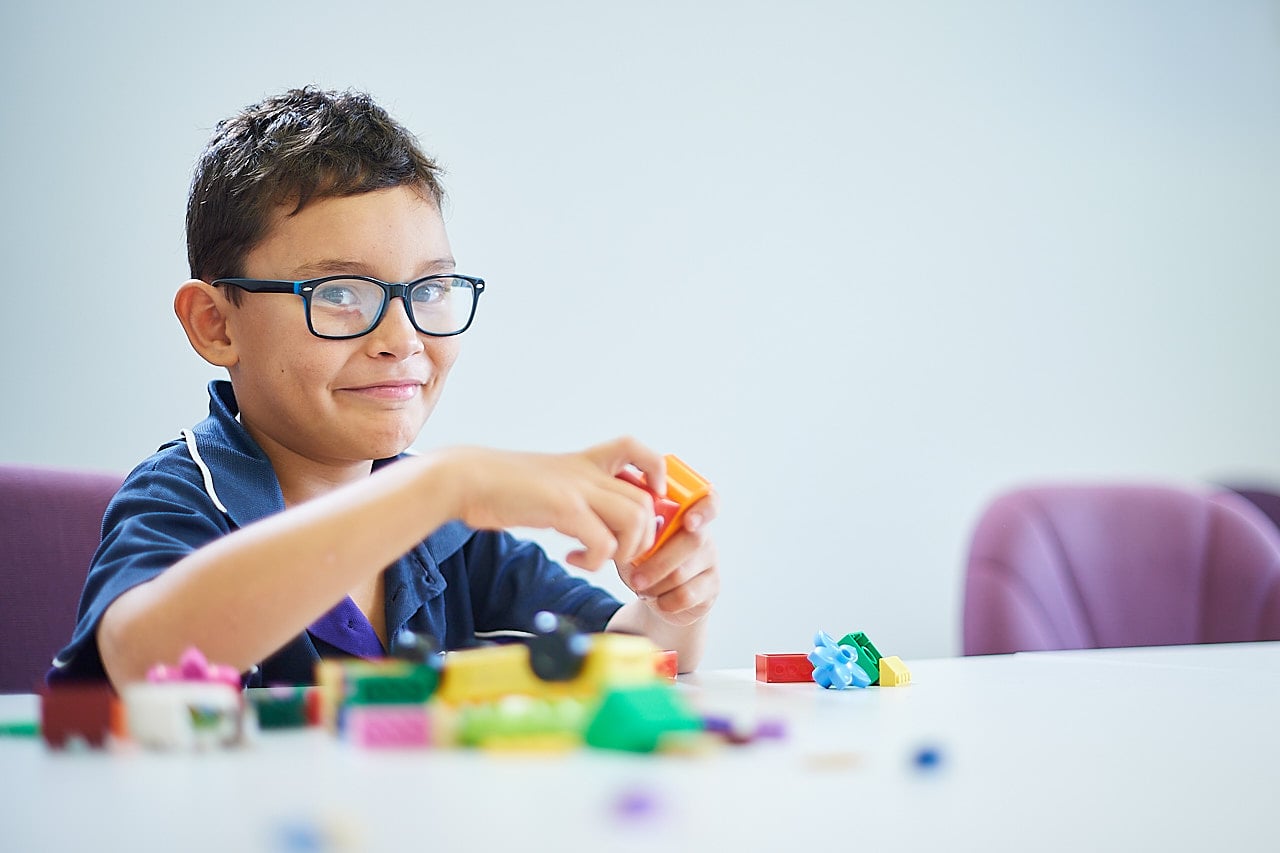Transitions: Starting Kindy
Starting Kindy can be an emotional time for many families and their children. This represents a time of growth for our little ones.
Change can be daunting, especially for children with disability undertaking critical life transitions such as starting kindy, going to primary school or moving into high school.
At Therapy Focus, our therapists support children with disability, their families and carers to manage these changes and transitions in their lives. While each person is different and will use strategies unique to them, we have put together some more frequently asked questions to get you started on the right path to a smooth transition.
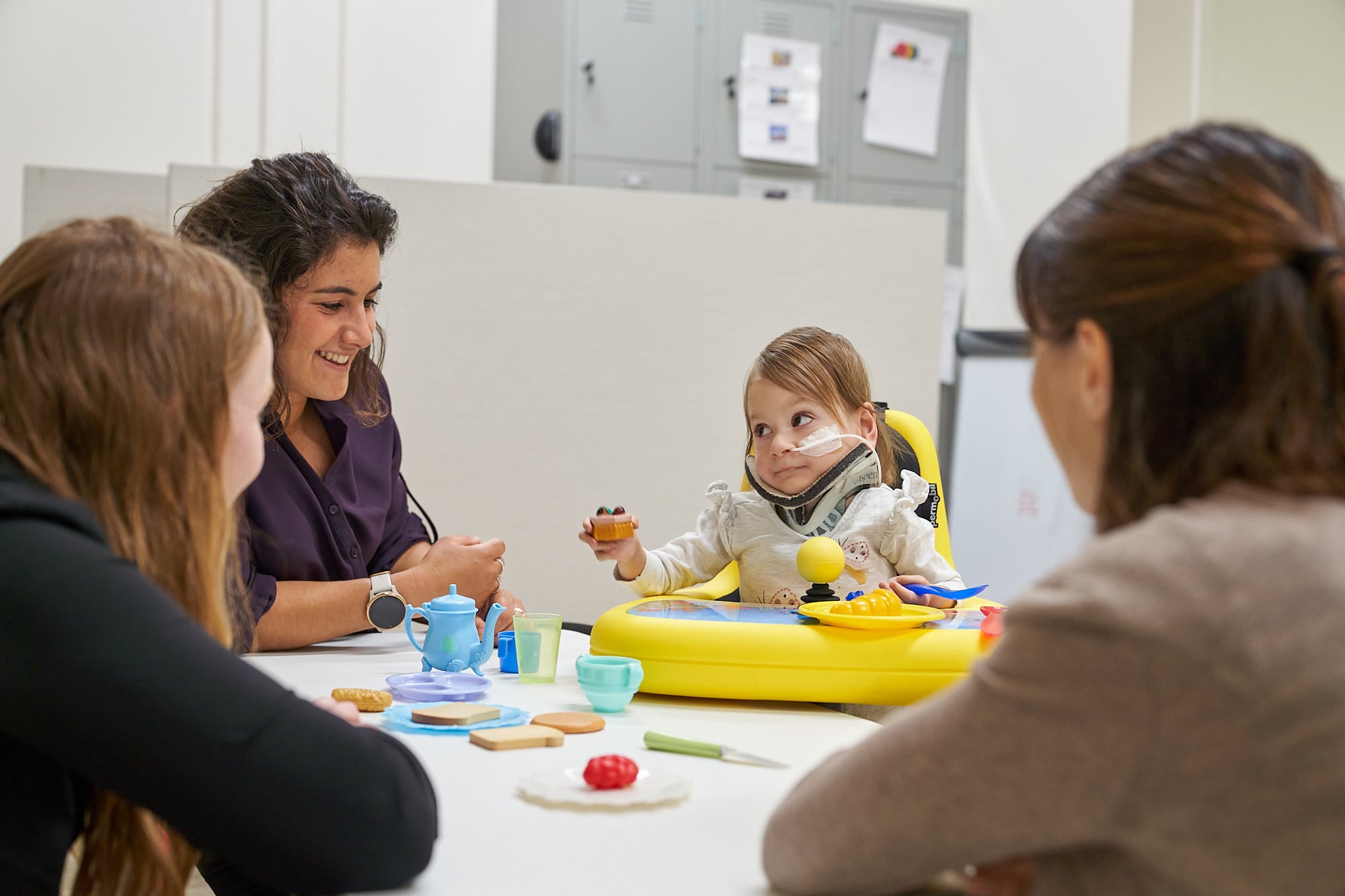
What is the best way to prepare my child for kindy?
Good news! There are lots of different ways to prepare your child to start kindy.
You can talk about the fun activities they will get to do at kindy, the children they will get to play with, and the play equipment they can explore. You could even show them a picture of their teacher and take a trip to kindy to show them what their classroom will look like. When you have an excited and positive approach to this change in routine, this will help them also feel excited and positive. If you are worried or scared, your child will likely pick up on these feelings and copy them.
Setting up a consistent morning routine in the weeks before they start can help your child feel safe, in control, and comfortable with all the tasks that need to be completed to get ready for kindy each morning. This might include what time to get up in the morning, getting dressed, eating breakfast, and cleaning your teeth. Once you have established what needs to be done, try and do the tasks in the same order every morning. A visual schedule may be useful to support your child’s understanding of these tasks. This is a step-by-step chart that uses pictures of the tasks and the order they need to be completed. Visual schedules are excellent in supporting children with difficulty processing or understanding information verbally (when spoken to them). Visual schedules are also very useful in the classroom to help children understand what they will be doing throughout the day and are often used by teachers.
Toileting is another task that children attending Kindy will engage in. While children do not have to be toilet trained before starting kindy, it is recommended that the child is already engaging in some toilet training at home. Toileting can often be a significant stressor for parents and their children. Please encourage your child to indicate to you when they need the toilet and teach them to engage in dressing tasks. This may be starting to pull their pants or underwear up and down without you. It is also helpful to get them to attempt to wipe their bottom and wash their hands. If your child relies on you to do these things, they might become anxious if they need to ask for help from another adult. Encourage your child to ask for help when they need it.
Your child may also benefit from attending a kindy-readiness playgroup. These groups focus on teaching children to sit and listen to a teacher, follow instructions, play with other peers, and engage in different fine motor activities, such as cutting, gluing, painting, writing, and puzzling. By attending a group such as this, your child will become familiar with the expectations of kindy and be exposed to opportunities to develop their social skills with other children their age. Therapy Focus often runs Kindy Readiness groups for children accessing services. For more information, speak to your Key Contact or therapy team.
Social stories are also an excellent way to help prepare your child for kindy. They can include specific information about your child’s kindy, what to expect on their first day, who their teacher will be, what their kindy room will look like and whom they can talk to if they need help. Your therapy team will be able to help you create these social stories and discuss additional strategies to help you and your child prepare for the kindy transition.
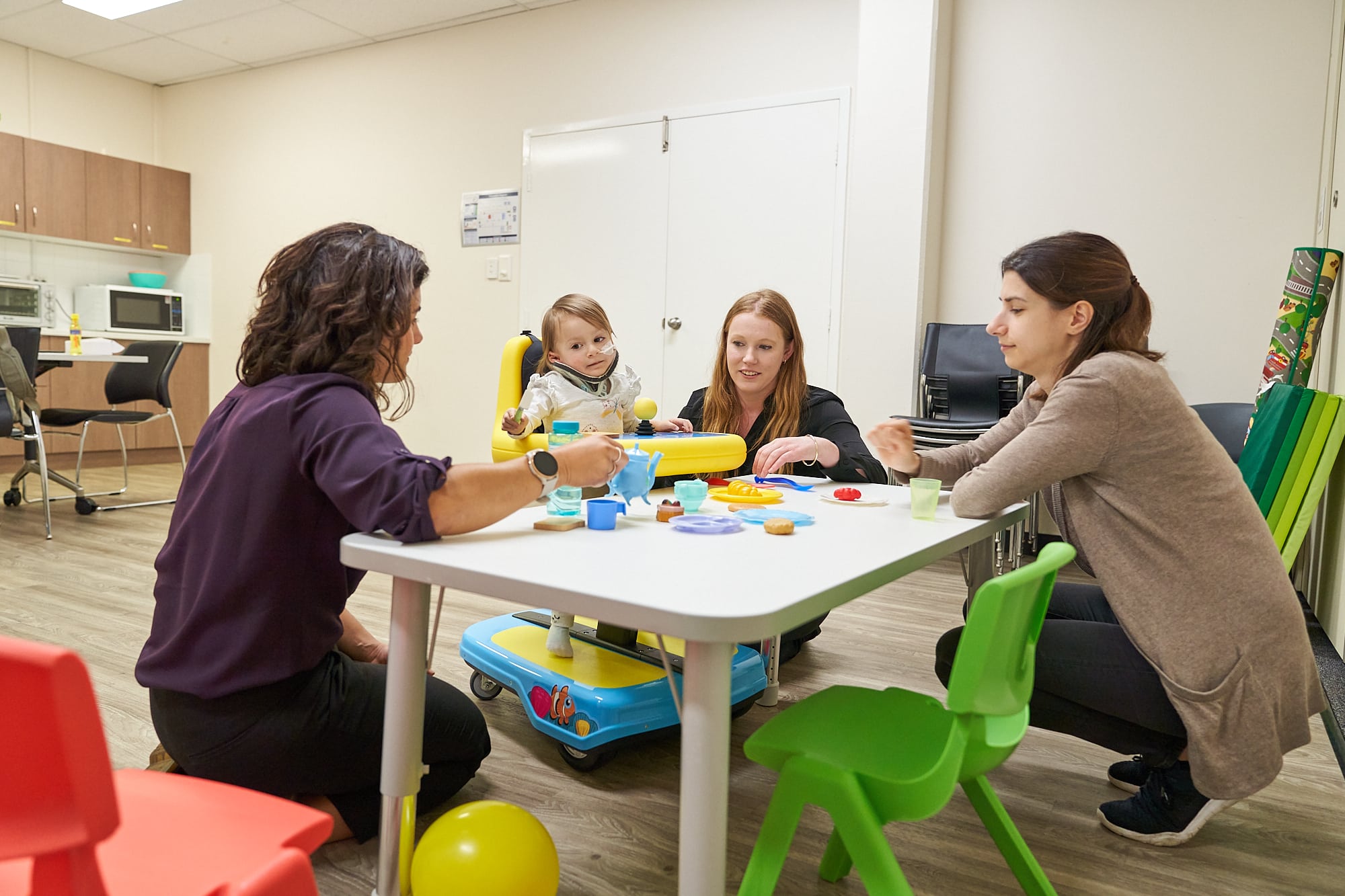
Can parents stay at kindy to help initiate routines?
While increasing your child’s independence and adaptability are vital aspects of kindy, many kindies will invite or allow parents to stay for varying periods during the first couple of weeks. Having a chat with the teacher before your child’s first day is an excellent way to make sure you are all on the same page and know what to expect. You can also then tell your child how long you are staying, so they do not get a surprise when you leave. Having a chat with the teacher is also an invaluable opportunity to discuss any concerns you may have for your child and what strategies you currently use to support them in their daily activities. Having this information in advance will also help you prepare your child in the lead-up to the first day and help the teacher to better understand and prepare for your child in their classroom.
Try to keep the communication lines open between the teacher and yourself so that everyone remains on the same page, and you can both work together to ensure your child is well supported.
When it is time to say goodbye on that first day of kindy, remember to be calm and reassuring with your child (even though this might be emotional for both of you).
What should parents do on the first day of Kindy?
Kindy is an exciting opportunity for children to learn new skills, meet new friends and build their independence. If you have any questions or concerns, your therapy team are here to help.
Here are some dot points of what might be helpful on the first day of kindy;
- The day before Kindy starts, prepare all the items your child will need. This may be their bag, lunchbox, water bottle, and hat in an easy-to-find location.
- Follow the visual schedule or morning routine you have been practising. This will help make the transition easier.
- Use positive and encouraging language to help ease any uncertainty your child might be feeling.
- Read your social story about Kindy, their teachers, as well as the toys and people they can play with.
- When you have arrived at Kindy, be clear about the time you will be leaving and coming back to pick up your child. Keep goodbyes short, calm and reassuring.
- When Kindy is finished for the day, ask your child what they enjoyed and talk about all the new things that they learnt. You may like to talk to the teacher about what activities they did to help this conversation.
For more information email [email protected] and keep an eye on our events page for upcoming groups.
Access our Early Childhood Intervention services
We support babies and young children with disability and developmental delays to achieve key milestones in the vital early stages of life.
